There is a mechanism to protect complainants and denouncers.
The draft Law on Press (amended) submitted to the National Assembly at the 10th Session has many outstanding new points. Accordingly, regarding administrative procedures in the Law, it is expected that in the process of developing Decrees and Circulars to detail the Law, 20 administrative procedures will be cut, with only 48 administrative procedures in total, compared to 68 procedures in the current Law. Simplify, reduce conditions, reduce processing time, and reduce costs of compliance with administrative procedures by 20 administrative procedures compared to the current one.
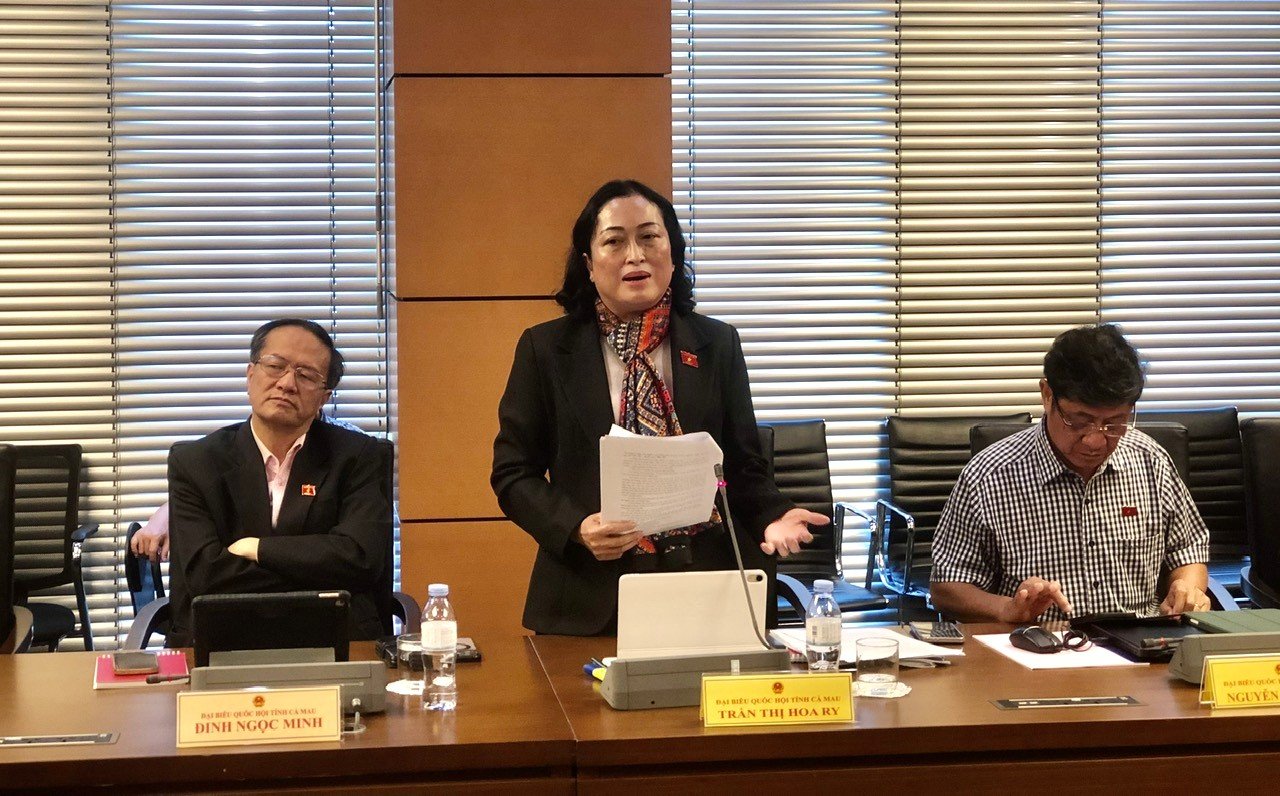
Delegate Tran Thi Hoa Ry (Ca Mau National Assembly Delegation) said that through research on the draft Press Law, Ms. Hoa Ry suggested that the drafting agency consider the following issues:
Regarding the position, functions and tasks of the press, although the draft Law clearly states that the press of the Socialist Republic of Vietnam is a revolutionary press closely associated with the cause of national liberation, building and defending the Socialist Republic of Vietnam, operating in a professional, humane and modern direction. "I still hope that the Law needs to more clearly demonstrate the position and role of the press in developing the country as well as in implementing the policies and guidelines of the Party and State. This content needs to be affirmed in the draft Law", emphasized Delegate Tran Thi Hoa Ry.
Regarding Clause 3, Article 6 on Citizens' Freedom of Speech in the Press regarding "Contributing opinions, criticisms, recommendations, reflections, complaints, and denunciations in the press against Party organizations, state agencies, socio- political organizations, socio-political-professional organizations, social organizations, socio-professional organizations and other organizations and individuals"; delegate Hoa Ry said that regarding complaints, Ms. Hoa Ry basically agreed very much, but regarding denunciations, delegate Hoa Ry suggested considering because in practice, denunciations can be right or wrong, especially during the time of preparing for the Party Congress. While the content of the denunciation has not been verified, when it is published in the newspaper, who will explain? If the denunciation is wrong, who will be responsible, and how will the press agency that published it handle it?
According to delegate Hoa Ry, posting like that will create public opinion, direct public opinion, when verifying that individual or organization does not violate, who will be responsible for posting that, delegate Hoa Ry suggested that this needs to be clarified. "I suggest that the Drafting Committee explain and consider further with the provision of Clause 3, Article 6, which needs to be extremely careful", delegate Hoa Ry suggested.
“I also agree that the press publishes denunciations, but when there is a response from the competent authorities, it is more appropriate to carefully examine this issue. We should have strict regulations to avoid widespread publication when there is a denunciation,” delegate Hoa Ry suggested.
Looking at it from another perspective when commenting on Article 6 of the draft law, delegate Nguyen Thi Minh Trang (Vinh Long National Assembly Delegation) said: “I find Article 6 on citizens’ freedom of speech in the press to be very specific and has many clauses. However, based on the actual situation in the locality, I propose that the drafting agency should add a mechanism to protect citizens’ personal information when participating in giving comments, criticisms and recommendations.”
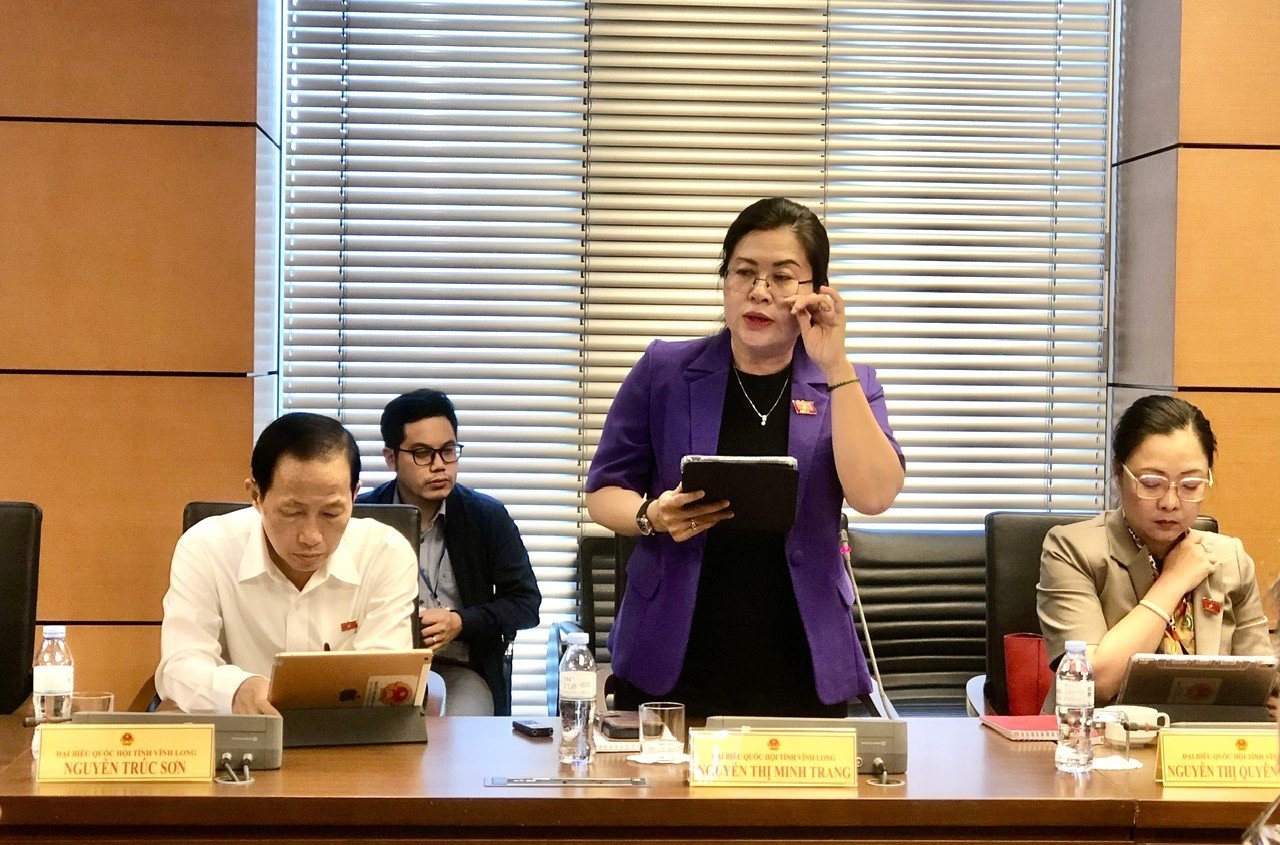
Delegate Nguyen Thi Minh Trang said that it is necessary to be careful to protect the people, encourage people to boldly exercise freedom of speech, especially in the digital age when citizens participate in giving opinions, especially opinions related to criticism, denunciation, and anti-corruption issues, which can easily lead to attacks, revenge, and threats. "I think the law needs to have specific regulations so that citizens can believe that they are protected when speaking and providing honest information... This helps press agencies have accurate and multi-dimensional information to effectively conduct supervision," delegate Nguyen Thi Minh Trang suggested.
Cut down on unnecessary licenses and certificates
According to delegate Ta Thi Yen (Dien Bien National Assembly Delegation), at Point C, Clause 2, Article 29 on granting, changing and revoking press cards, it is stipulated: "In the case of first-time card issuance, there must be continuous working time at the press agency requesting the card issuance for 2 years or more up to the time of card issuance and must have attended a training course on journalism skills and professional ethics organized by the Ministry of Culture, Sports and Tourism in coordination with the Vietnam Journalists Association". According to delegate Yen, this regulation is aimed at improving the quality of the press team, but is going against the Government's general policy on administrative reform and reducing unnecessary sub-licenses and certificates.
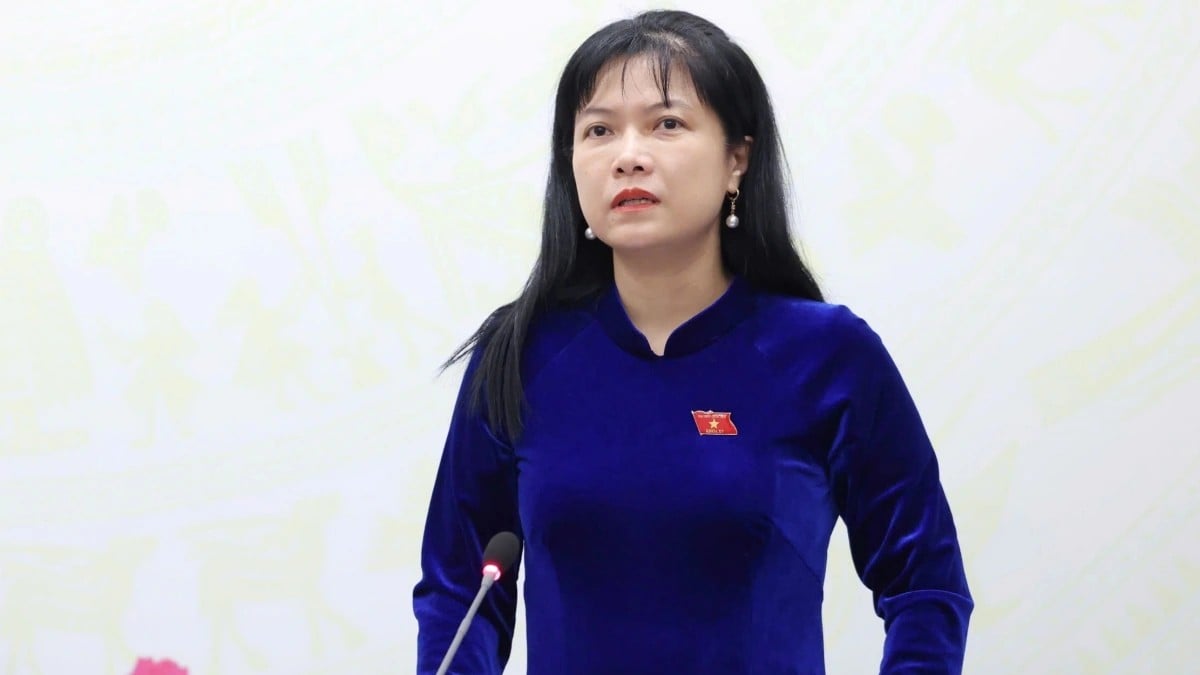
In fact, the current process of granting press cards has a fairly strict criteria system: The person being considered must have worked in journalism, be recommended by the press agency where they work, have appropriate professional qualifications and be confirmed by the governing body. The entry requirements for journalists are also controlled through recruitment standards, degrees and specialized training.
If we add a regulation requiring the person to take a professional training course and ethics before being considered for a press card, it will invisibly create a new layer of administrative procedures that is no different from a type of sub-license, causing costs, time and procedures for journalists. In particular, since 2021, the Prime Minister has directed the Ministry of Home Affairs to review and abolish a series of unnecessary certificates, in order to reduce administrative burden and save social resources.
In that context, adding a new type of "certificate" - even if it is called a training course - will hardly receive consensus from practice. Therefore, I suggest reviewing this regulation. It should not be mandatory for reporters and editors to "take a training course on journalism skills and professional ethics" to be granted a card, but instead, it should be mandatory to update knowledge and professional ethics for journalists when necessary through simpler methods such as sit-ins, talks, thematic activities...
Source: https://baotintuc.vn/thoi-su/can-bo-sung-co-che-bao-ve-thong-tin-ca-nhan-cua-nguoi-khieu-nai-to-cao-20251023171320473.htm


![[Photo] Prime Minister Pham Minh Chinh meets with South African President Matamela Cyril Ramaphosa](https://vphoto.vietnam.vn/thumb/1200x675/vietnam/resource/IMAGE/2025/10/23/1761226081024_dsc-9845-jpg.webp)

![[Photo] Prime Minister Pham Minh Chinh chairs meeting on railway projects](https://vphoto.vietnam.vn/thumb/1200x675/vietnam/resource/IMAGE/2025/10/23/1761206277171_dsc-9703-jpg.webp)


![[Photo] President Luong Cuong holds talks with South African President Matamela Cyril Ramaphosa](https://vphoto.vietnam.vn/thumb/1200x675/vietnam/resource/IMAGE/2025/10/23/1761221878741_ndo_br_1-8416-jpg.webp)
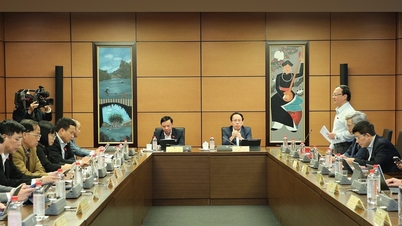

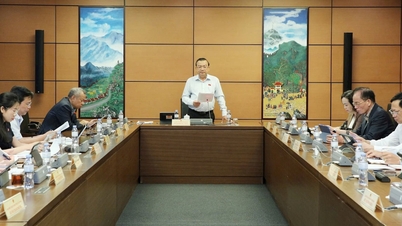
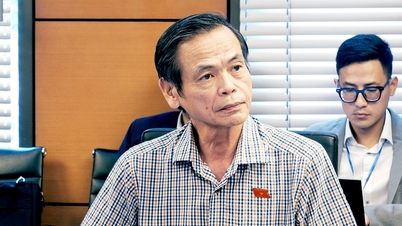



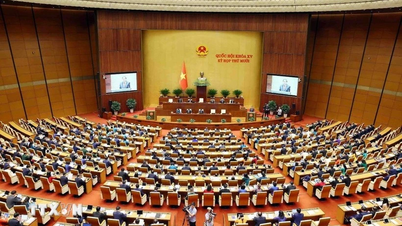

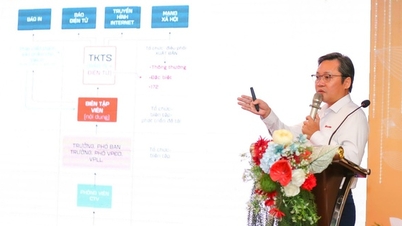

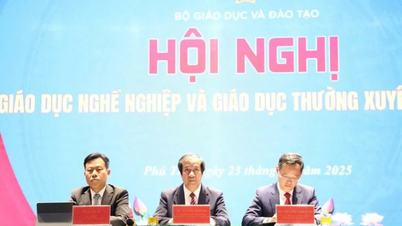

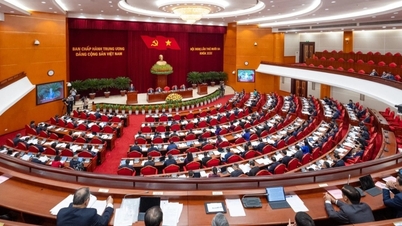

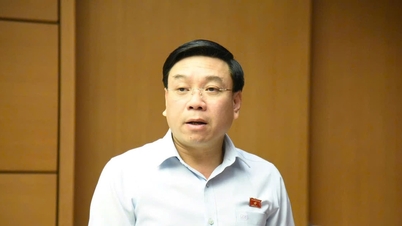
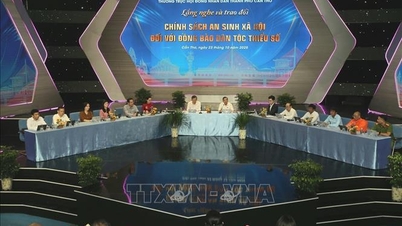
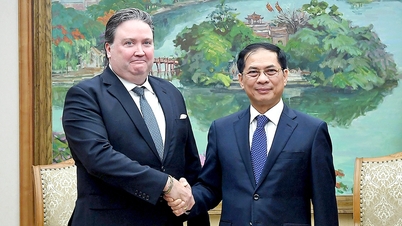




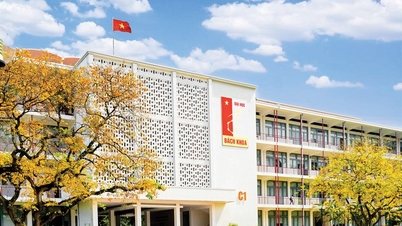


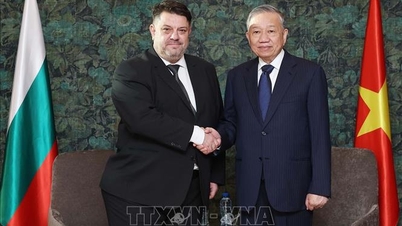
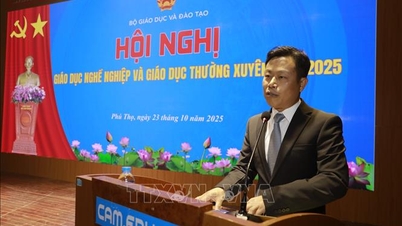
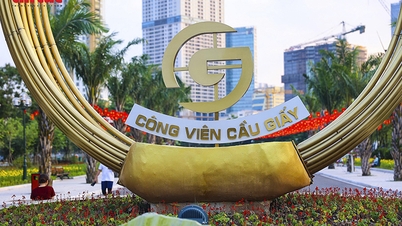




































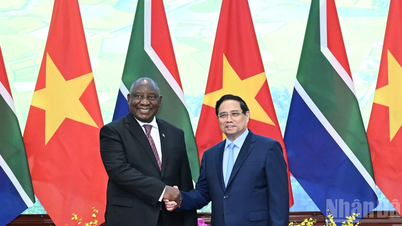





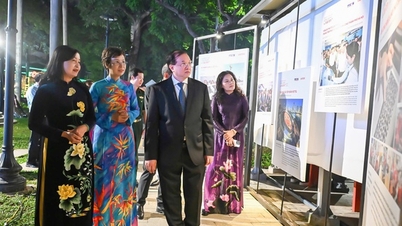




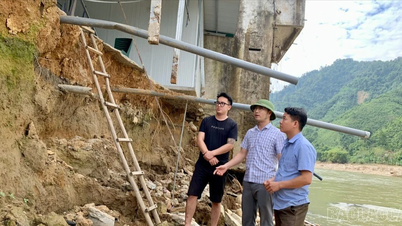

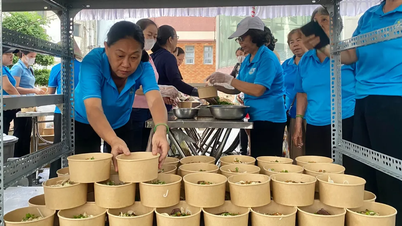



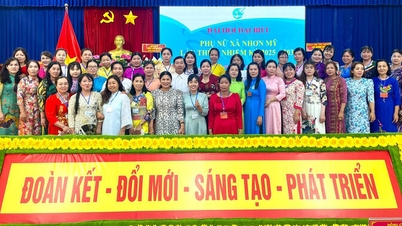

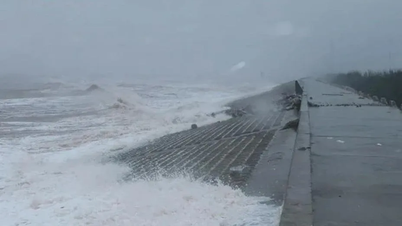











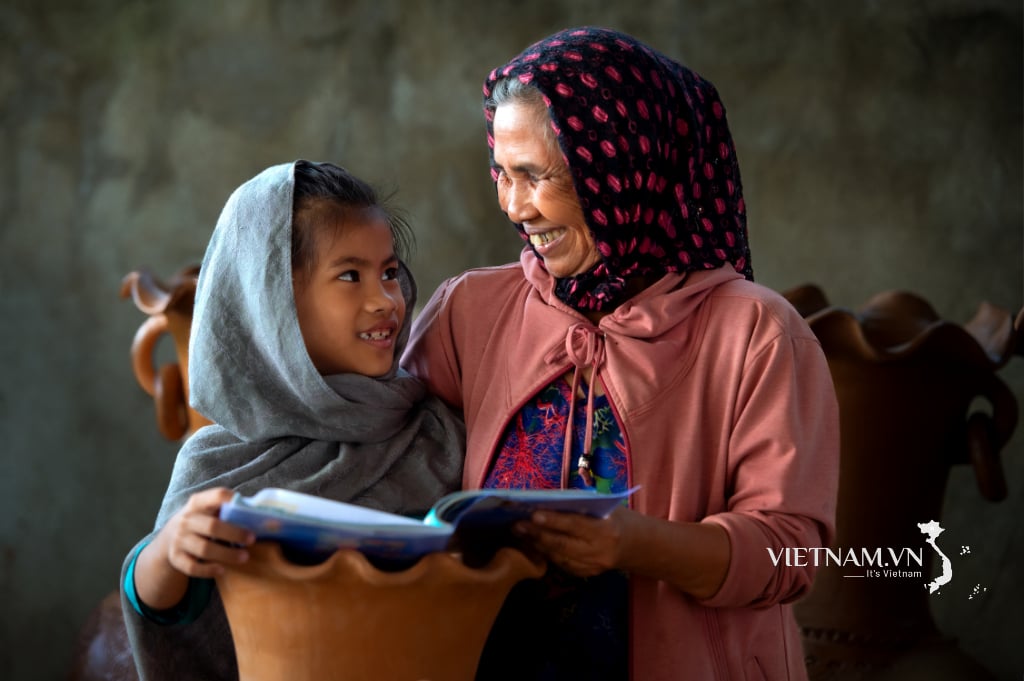


Comment (0)